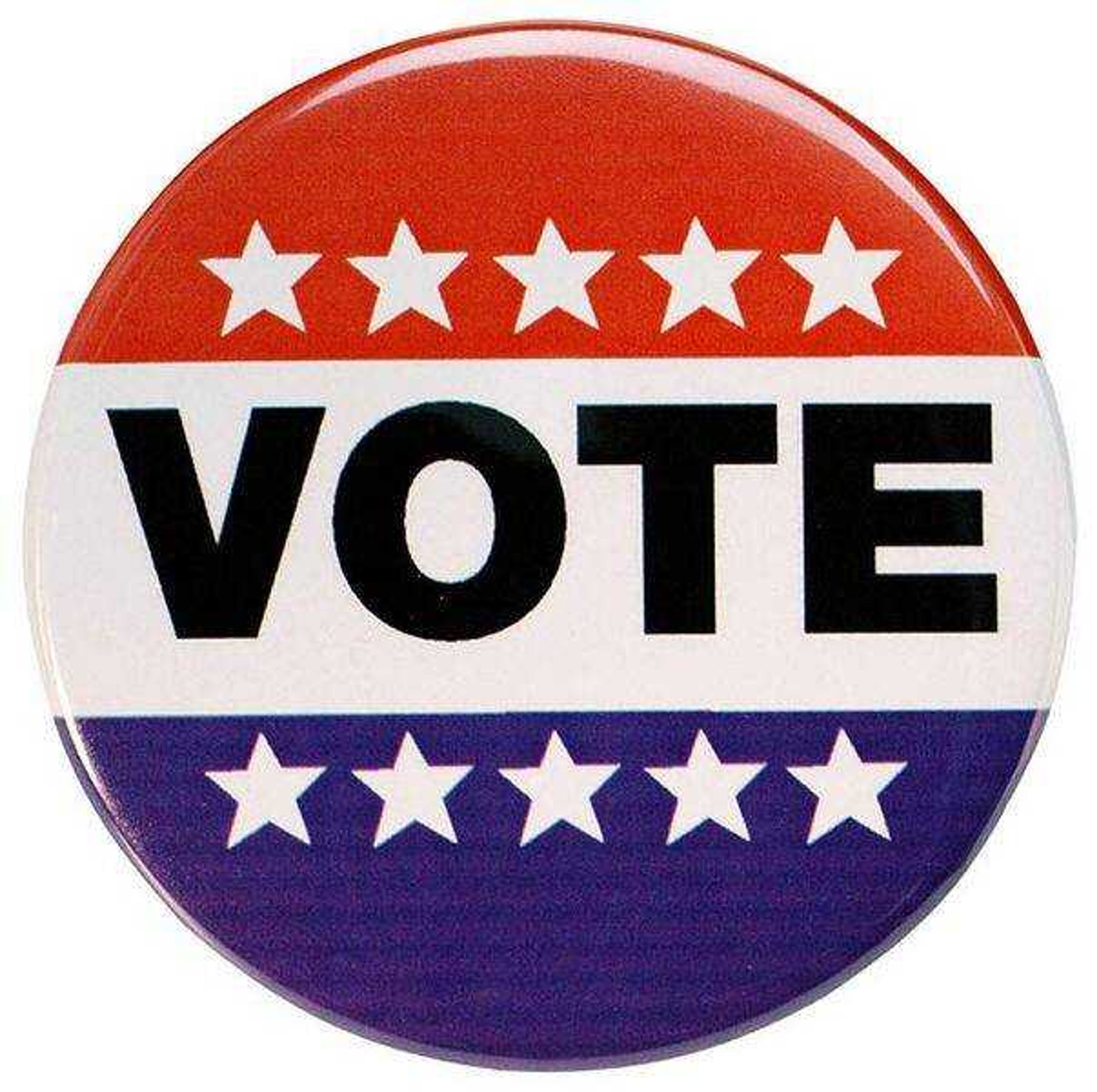Presidential election becomes prime material for school lessons in Cape Girardeau County
In room 213 of Central High School, students are waging their own political debate. Excitedly they rush into the room, loudly broadcasting their opinions before even finding their seat. "It was entertaining. They actually argued. They went at each other," says Emily Gerlach...
In room 213 of Central High School, students are waging their own political debate. Excitedly they rush into the room, loudly broadcasting their opinions before even finding their seat.
"It was entertaining. They actually argued. They went at each other," says Emily Gerlach.
"What? I've heard it all before. All they said was what the other person wasn't doing," Matthew Leimer replies.
Students' voices blend together into a cacophony until the bell rings and AP Politics teacher Marty Vines starts class. For homework, the students had been asked to watch the third presidential debate, evaluating the candidates' performance and analyzing their positions. Every class begins with a discussion of current events, but Thursday the entire 45 minutes is dedicated to discussing the debate.
In classrooms across America, teachers are finding the election prime material for lessons. From the importance of civic engagement to an explanation of economic policy, campaigns are proving to be a jumping-off point for explaining the fundamentals of America.
"My lessons basically write themselves," Vines said.
Guiding students through discussions of the war in Iraq, Supreme Court nominations, social issues and health care, teachers are helping students form opinions. Nationally, some have found themselves in hot water for appearing to endorse a side.
A Kansas City charter school teacher was disciplined this month after a video depicting his students chanting support of Barack Obama was released. A Florida teacher was suspended for writing a racial slur about Obama on the board. In New York, a teachers union is suing to allow teachers to wear political buttons in schools.
Cape Girardeau School District policy prevents teachers from using district funds or resources to "advocate, support or oppose any ballot measure or candidate for public office."
Debates can become heated in Vines' class, but he said it's important he doesn't inject his own views.
"Part of being a government teacher is giving students the knowledge to make their own decisions. I try not to put my personal opinion in. It's hard because our discussions can get emotional," he said.
About half the students in his class will be old enough to vote for the first time in November. Vines is finding his students full of opinions, full of passion and far from apathetic.
In Jackson, high school teacher Frances Dooley said students have been "very engaged and very interested in registering."
Even split
Despite Republicans being dominant Cape Girardeau County — in the last presidential election, seven out of 10 people voted Republican — youths appear to be more evenly split.
In an unscientific poll of debate performance, Vines' students rated Obama a 9.4 and John McCain a 9.8 on a 12-point scale.
During class, the students checked facts online, researched "Joe the Plumber," an average citizen mentioned multiple times in the debate, and discussed the impact of media on perceptions. Students seemed mostly concerned about a "redistribution" of wealth, the bank bailout and funding for programs.
"In school, we're taught not to help others on tests or homework. We can't give the answers. I'm baffled how people think it's fair for people who haven't worked and sit around having babies can take out of my pocket," said Andrew Westcott, to the loud clapping of one student.
"Spoken like a true Republican," another student muttered.
"Obama said he's going to lower taxes for 95 percent of people by being more efficient and taxing people who make $250,000 and above. But what's McCain going to do? He keeps reinforcing he's not going to raise taxes. How is he going to do it?" asked Amanda Kaverman.
"We are lacking particulars from both sides," Vines said.
At lower levels, students are also grappling with evaluating the election. Some elementary schools are holding mock elections.
At North Elementary in Jackson, principal David Gross said teachers discuss the idea of voting, how people get elected to office and the idea of a democracy instead of about specific candidates or their platforms.
In the lower grades, students' viewpoints are "very much formed by their parents," said Jackson Middle School principal Dr. Rodney Pensel. He said the election is typically discussed after the daily broadcast of the news program Channel One. It is not formally incorporated in curriculum until higher grades, he said.
By high school, students act more independently, although they still have trouble deciding the best way to determine which candidate is superior.
Caitlin Cannon jokingly proposed a way to settle the score: "Maybe we should put the candidates in a ring and let them box it out."
lbavolek@semissourian.com
388-3627
Have a comment?
Log on to semissourian.com/today
Connect with the Southeast Missourian Newsroom:
For corrections to this story or other insights for the editor, click here. To submit a letter to the editor, click here. To learn about the Southeast Missourian’s AI Policy, click here.










